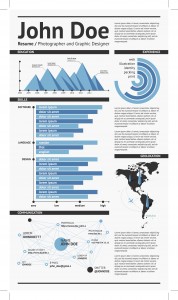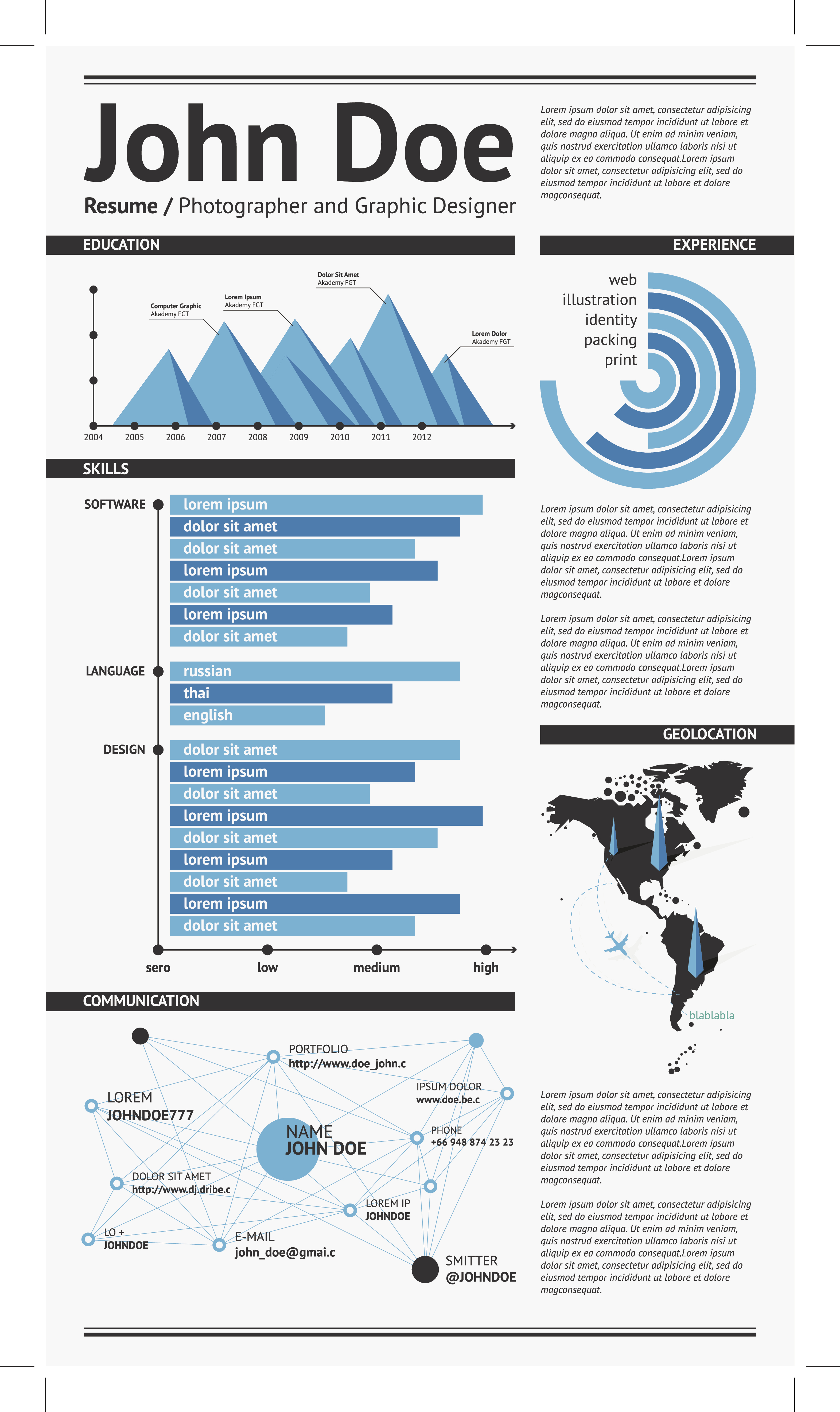
(credit: Thinkstock.com)
Résumés or CVs are a necessary, ok, I will say because I know you are thinking it…”evil.” The best résumé for you depends on your experiences, goals and opportunities. Your challenge is to create presentations that best combine of all three.
Here are some tips:
- A CV or curriculum vitae is the academic version of a résumé. If you are interested in academic positions, you should go each organization’s faculty sections and find their guidelines for promotion. This will give you an idea of how to organize your background to match what they seek.
- These tips apply to résumés and CVs, unless noted otherwise.
- You should have a different résumé for each type of position for which you want to apply ( (e.g., academic, for-profit or government). The differences can be small for similar positions.
- A résumé should be no more than 1-2 pages. Yes, even if you have years of experience. NOTE: CVs can be as long as they need to be. They must include all of your publications, grants, courses taught, advisees etc.
- To help with space constraints, I recommend using your LinkedIn profile to include all of your professional service, experiences, presentations, etc. You can put a link to your LinkedIn account along with your email address in the header as contact information.
- If you refer potential employers or admissions officers to your LinkedIn account, please be sure that it aligns perfectly with what you put on your resume (e.g., dates and language describing your contributions).
- There is no one perfect format for a résumé.
- Résumés should:
- Present information clearly
- Not repeat skills (too much)
- Not have typos
- Include dates for key experiences
- Résumés are marketing tools. They are also part of a toolkit that can also include a cover letter, an email, a conversation, etc. This combination gives you other opportunities to connect and explain, for example. This means that your resume does not have to describe everything.
- The résumé should showcase the following critical features:
- A professional goal (stated or clearly implied) (which may vary by postion or organization)
- Work and service experience
- Skills
- Professional networks (e.g., universities or employers)
- Everything on your résumé should have a purpose that relates to the previous critical features. The combination of different goals and an emphasis on particular work experience or skills explains why you will need different versions.
- DO NOT lie on your résumé…including your goals.
- Use active verbs that demonstrate your critical features.
- The sections of your résumé depend on your background. I.e., You should focus on work or service or both, whatever combination shows your best.
- You must include education and work experience as sections. The other sections may vary.
- Again, please refer to each specific academic institution’s instructions on CVs.
- You will never stop editing your resume/CV. Again, “evil.”
There are A LOT of résumé templates, guides and tips online. Hopefully, this page will help you sort through them or give you a place to start.
Here are a few of those online resources:
- 44 Resume Writing Tips
- Want an Unbeatable Resume? Read These Tips from a Top Recruiter
- Resumes and Cover Letters (a LONG list of entries on related topics)

